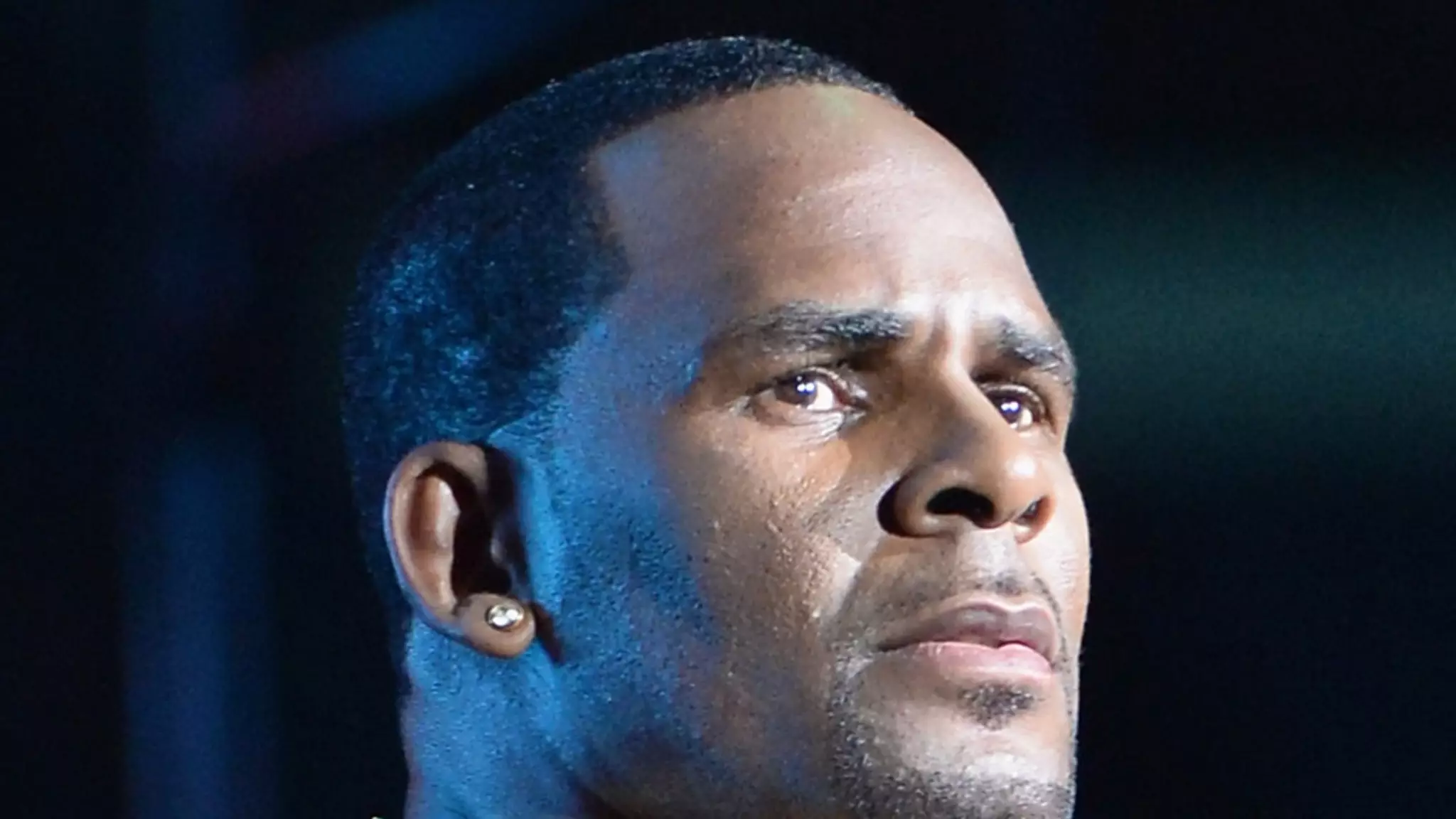The case surrounding R. Kelly transcends mere allegations; it has enveloped the lives of the women it touches, particularly the story of Joycelyn Savage. This narrative, marred by ambiguity and distress, tells of a young woman who, at one point, appeared destined for a future filled with promise and success. However, since that brief interaction with her family in 2019, the silence has been deafening. The gravity of her absence raises profound questions about control, influence, and the insidious nature of manipulation. While R. Kelly seeks a pardon, the shadow of his actions continues to linger, casting doubt on his intentions and the reality of those still entangled in his web.
The Fight for Justice
Joycelyn’s family stands as a testament to resilience amid turmoil. Gerald Griggs, their attorney, vehemently insists that Kelly’s push for a pardon is an affront not only to Joycelyn’s plight but also to the broader narrative of victimhood within the music industry. The family doesn’t merely seek acknowledgment of their daughter’s existence but demands accountability for a man who has refused to take responsibility for his actions. It is imperative that we recognize how the justice system’s failures can perpetuate the cycle of abuse, transforming victims into pawns in a larger game of public perception and legal maneuvering.
Kelly’s Legal Maneuvers: A Disturbing Trend
The legal team’s arguments for R. Kelly often focus on sympathy rather than accountability. Beau Brindley, a representative among Kelly’s legal counsel, has attempted to frame his situation in a way that parallels political struggles, emphasizing Trump-era narratives where individuals positioned themselves as victims of a biased system. This stance seems misguided, especially considering the clear and devastating testimonies from those like Joycelyn Savage, whose experiences are often overshadowed by the legal wrangling surrounding Kelly’s case. The conversation should not revolve around Kelly’s hardships but should focus squarely on the women who continue to suffer in silence.
Public Perception and Its Consequences
The public’s sentiment toward R. Kelly reflects a complicated tapestry of admiration for his musical talent intertwined with outrage over his criminal behavior. This duality creates a dangerous precedent: how can we, as a society, continue to idolize figures whose personal lives bear such devastating consequences for others? The push for Kelly’s absolution encapsulates a wider issue of celebrity privilege, whereby talent can obscure transgressions. It raises an essential question: when will we prioritize the voices of victims over the cries for forgiveness from those who have inflicted pain?
The Harsh Realities of Love and Control
In examining Joycelyn Savage’s story, it becomes crucial to reflect on how love can sometimes morph into control. Family members, through their legal representatives, continue to voice hope for her safety and well-being, wishing for communication that has been absent for years. Their commitment serves as a powerful reminder of the tenacity of love amidst the grim realities of potential victimization. Joycelyn remains a poignant symbol of the hidden realities faced by many, suggesting the necessity for ongoing advocacy and support for those entangled in oppressive situations.
The call for R. Kelly’s pardon is ultimately a callous dismissal of the victims’ voices, reinforcing the need for justice that prioritizes the narratives of those who have suffered most profoundly. The struggle for acknowledgment and autonomy continues, urging society at large to stand unyielding in the face of adversity.

